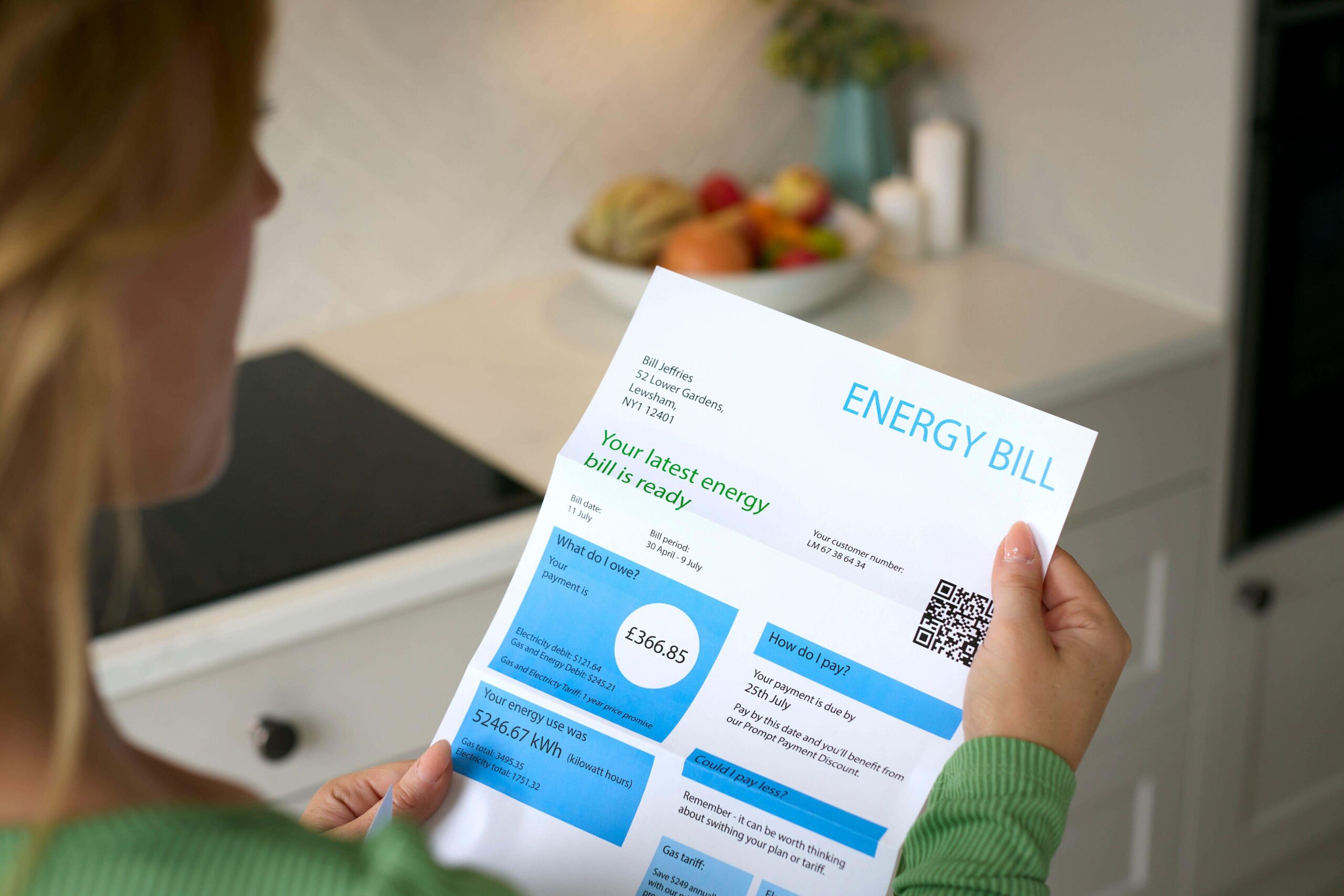British households are bracing for a £100 increase to their energy bills this April, a stark warning delivered just as a 2 per cent rise in Ofgem’s price cap takes effect.
The price cap increase will see the average annual gas and electricity bill for direct debit customers climb from £1,720 to £1,755.
Experts at Cornwall Insight predict a further £100 hike in April, attributing it to escalating costs for operating and maintaining Great Britain’s electricity and gas networks, alongside a marginal rise in a levy supporting new nuclear power stations.
This forecast dampens earlier hopes, as Cornwall Insight had previously suggested the price cap would fall to £1,725 a year in January, now indicating any such relief would be fleeting.
The ongoing financial strain on households is expected to intensify calls for targeted social tariffs and other crucial support measures to mitigate the impact of these rising energy costs.

Craig Lowrey, principal consultant at Cornwall Insight, said: “A dip in bills this January might come as a relief for households, but we shouldn’t mistake this as the start of a trend toward cheaper energy.
“The reduction we are forecasting is being driven by relatively small shifts in the wholesale market. At the same time, new charges like those to support nuclear development are starting to appear on bills, and that’s a sign of things to come.
“Any fall in January would represent a pause rather than a permanent drop. By spring, costs are expected to rise again as network charges and policy costs increase.
“It’s a reminder that while wholesale prices may be softening, the costs of running and upgrading Britain’s energy system are moving in the opposite direction.
“Ultimately, adjusting bills, whether through lower standing charge tariffs or redistributing costs, won’t deliver meaningful savings. The only route to genuinely lower energy costs is a move toward secure, sustainable energy.
“That transition comes with an upfront price tag, and there needs to be an honest discussion about the costs, and what they mean for customers.
“The real challenge is how we support households through the shift, with targeted social tariffs playing a vital role. One thing for sure is that the price cap alone cannot solve this crisis.”

Will Owen, energy spokesman at Uswitch, said: “This prediction of higher energy prices in 2026 on the eve of another increase in the price cap is a bitter pill to swallow for hard-working households.
“Suggestions of a small dip in the January price cap are quickly eclipsed by expectations of a £100 hike in April, adding up to more bad news for household bills.
“The predicted rise is driven by the increasing costs of making our energy grid fit for the future, and these charges are being passed on to bill-payers.
“If you’re on a standard variable tariff, you can beat these expected rises and save on bills by switching to a well-priced fixed deal now.
“There are currently 26 fixed deals priced below the October price cap, with savings of around £234 for the average household.”
